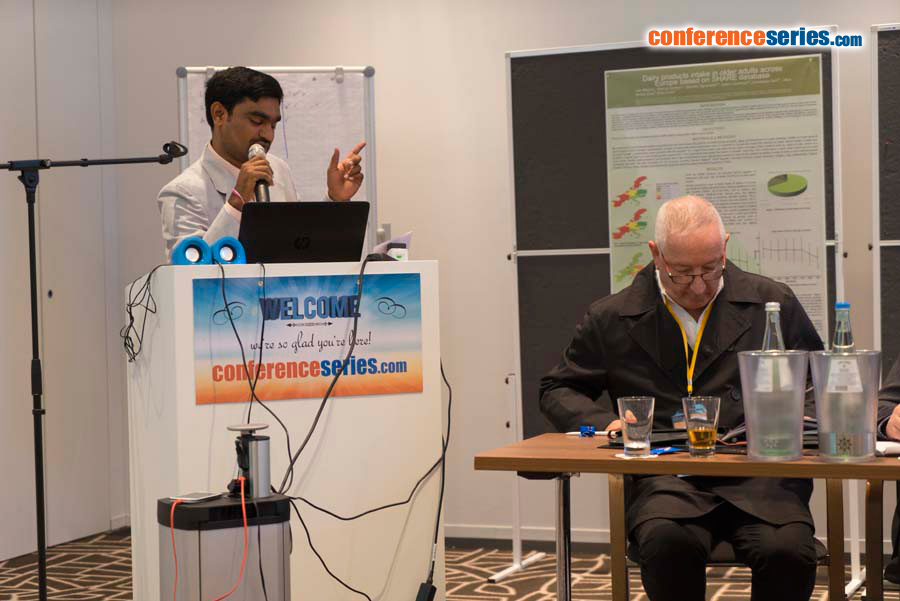
Ze’ev Katzir
Tel Aviv University, Israel
Title: Dietary therapy for children with congenital solitary functioning kidney
Biography
Biography: Ze’ev Katzir
Abstract
Background: Renal injury, proteinuria and hypertension, are consequences of congenital solitary functioning kidney (CSFK). Renal injury appears around 10 years of age and required dialysis by the age of 30 years. Low protein intake attenuated renal damage in animal experimental models, uninephrectomized patients and kidney transplant donors and recipients. Low salt intake facilitates blood pressure control.
Objective: Relevant data concerning CSFK patients had not been described so far. We decided to examine long preventing effect of protein restriction and low-salt diet on proteinuria, kidney function and hypertension, in this distinct population.
Methods: Twenty eight children with CSFK were included in a prospective observational exposure serie. Following parents' agreement, protein and salt restriction: 0.85x recommended daily allowance (RDA) was started under dietitian supervision. Compliance verification was performed by: Monitoring urinary urea nitrogen and body weight; and measuring 24 hour urine sodium. Follow-up (8-22 years and mean 15.8 years) included clinical, growth and developmental assessment, renal function and urine protein excretion.
Results: Baseline data showed normal physical assessment, arterial blood pressure kidney functions and urinalysis. There was one patient with ipsilateral kidney malformation and two with systemic pathologies. Adherence to dietary restrictions: 89 ±8% for protein and 93±5% salt. At the end of follow up: two patients had chronic kidney disease (CKD) grade I. None had hypertension, proteinuria or growth and development deterioration.
Conclusion: Strict follow-up and controlled dietary supervision for mild protein and salt restriction prevent kidney injury proteinuria and hypertension in CSFK, without insults on growth and development.

